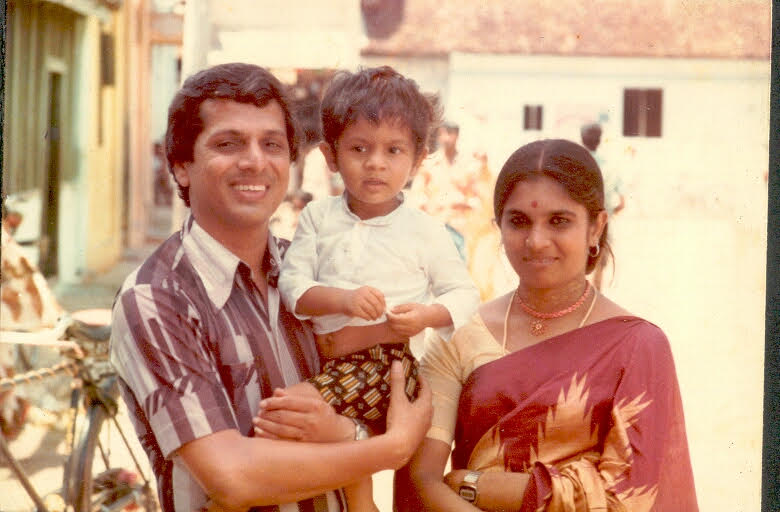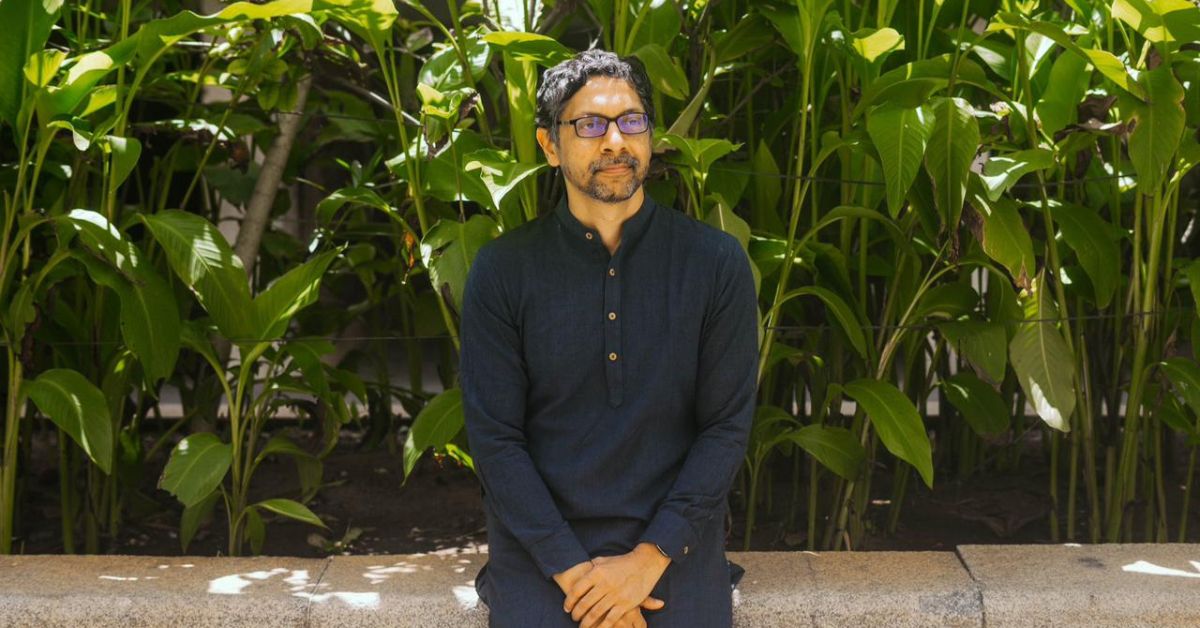When my mother used to travel, she would jot down simple recipes like sambhar, rasam, basic sabzis, raitas, and curries. Despite our earnest efforts to replicate them exactly as written, my father and I could never quite match the taste of amma’s cooking.
Take, for instance, the humble rasam — it seems straightforward but proves deceptively tricky to perfect. At its core, this tangy, comforting dish requires minimal ingredients: tamarind, tomatoes, and crucially, the right rasam powder (which can make or break the dish!), all seasoned with spices and a generous dollop of ghee.
So, then why does my rasam never measure up to those made by the stalwarts of the household? Some might attribute it to ‘maa ka pyaar’ (mother’s love), and while that sentiment holds true, there’s also a scientific aspect to it.
Krish Ashok embarked on a mission to unravel this science and share it with the world. When he moved to the US for work, he discovered that his grandmother’s potato fry far outshone his own. How does one achieve that elusive perfect crispness? Why do you add some spices after others and roast them for lesser times? It’s not just because the recipe book says so. It’s due to chemical reactions that occur. The search behind these reasons led to Ashok’s journey towards becoming a kitchen alchemist!

The global head for AI Cloud Advisory and Consulting at TCS (Tata Consultancy Services), Ashok applies his training as an engineer to decode the science behind Indian cooking. Starting with a humour blog in the nineties, he wrote a book called ‘Masala Lab’ in 2021.
Afterwards, his journey on social media began, sharing intriguing tidbits from his book. He eventually took on prevalent scaremongering about certain ingredients and foods that are said to harm health. The 46-year-old started myth-busting and explaining straightforward concepts, such as why it’s perfectly fine to use a microwave oven or air fryer, why storing food in the fridge is safe, and why variations in salt types don’t significantly impact your health.
His characteristic wit and sass won over the internet, offering a dose of sanity and science in a space crowded by people looking for two-minute fame without substantiating their claims with facts.
Chemical engineering in a home lab
Growing up in a progressive household in Chennai, Krish Ashok was encouraged by his father to experiment with various kinds of food outside the home. He began cooking as a teenager, but his real journey with cooking started when he moved to the US for work.

Before moving, he meticulously wrote down recipes from his mother, grandmother, and other older women in the family. He found their way of sharing recipes fascinatingly different from cookbook methods. Their inherent knowledge of the science of cooking, without viewing it through a scientist’s or engineer’s lens, captivated Ashok and sparked his interest in food science.
“My original interest in food science happened when I recognised that the way my grandmother or grand-aunt thought about food was fundamentally different from how recipe books tended to think about it. It was evident that my grandmother was thinking about food as heuristics and algorithms and in a very scientific way,” Ashok tells The Better India.
Additionally, when he referred to cookbooks, they missed out on this important tacit knowledge. “Cookbooks don’t tell you why you need to add two cups of water for rice. They don’t teach you how to adjust for more rice or how to find out if something is cooked. When is the right time to add salt? This practical knowledge by first-hand experience was missing in cookbooks,” he adds.

So on vacations back home, he started observing them and realised that this is all practical knowledge, as opposed to theoretical. Since science could explain the hows, whats and whys, the author started writing about it on X. His food deconstruction posts and threads became widely popular.
“I lived abroad for seven years. My engineering mindset made me look at cooking through the lens of science, rather than through the lens of art and history. And I found that there was no book about the science of Indian cooking,” he adds.
This led to him writing Masala Lab, which used his training as a software engineer, thanks to which he could apply data, algorithms and patterns to explain food. Through his book and videos on social media, he uses what he calls high school-level science to explain what our mothers and grandmothers do in the kitchen.
Ashok covers various scientific aspects of cooking, such as the science of pressure cooking, the role of acids, microwaves, heat, roasting, and more. His goal is to demystify cooking and dispel misconceptions, making the process more approachable and understood.
“Our parents and grandparents gained this knowledge through years in the kitchen. We don’t have that time, so why not use technology for your convenience? I hope that by explaining that it’s okay to use frozen food or the refrigerator or microwaves and air fryers, the younger generation doesn’t continue the silly notion that food will be delicious only if you spend three hours making it,” he adds.
Forgot to soak your chana (chickpeas) at night? Simply soak it in hot water for a few minutes.
The kitchen alchemist
Besides sharing fascinating food science tidbits, Ashok also delves into food history, exploring the etymology of words like ‘calamari’ and the history of biryani, among other topics. Personally, what I enjoy most is how he debunks pseudoscientists with facts, delivered with his trademark humour and sarcasm, often starting with ‘Abey yaar’.
Myth busting with Krish Ashok:
- Leftover food is okay, and frozen food is completely fine.
- An air fryer or microwave is not going to give you cancer.
- Pressure cooking does not destroy nutrients.
- You cannot detox just by eating or drinking something.
- Palm oil is just another oil. Consume all oils in moderation.
Edited by Pranita Bhat; Images Courtesy Krish Ashok
No comments:
Post a Comment